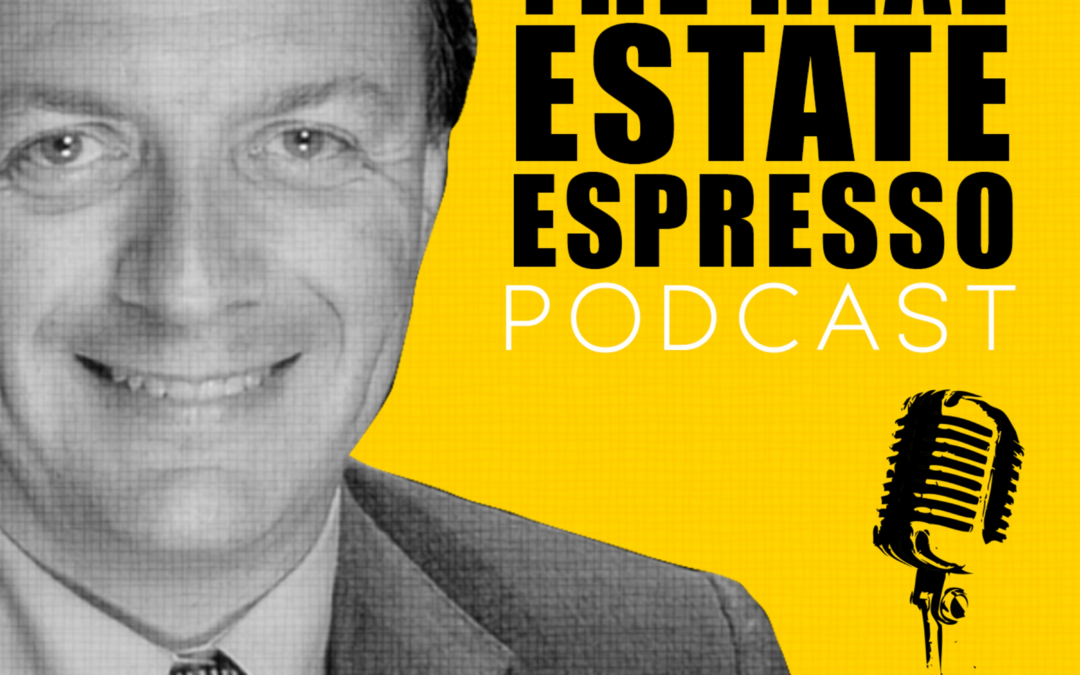Today is another AMA episode. Karla asks,
My husband and I are renting out our old house. In the process of switching a homestead home to a rental home I am doing due diligence. What are your recommendations regarding requesting quotes for a rental home insurance? What are the often overlooked things we should pay attention to when deciding the insurance company? Thank you
Karla, This is a great question.
I’m not an insurance expert by any means, and I certainly don’t want you to make any insurance decisions based on something you heard on a podcast. I’m happy to share what I know so that you can ask some good questions of your insurance broker.
Rental property insurance comes in a couple of different flavors. A single family home could fall under a residential policy and many insurance companies offer a consumer product that is geared towards this type of property. But understand that these policies resemble a residential policy much more than a commercial policy. Some residential insurance policies allow you to add a second rental property to your domestic policy. They can sometimes be bundled with the insurance policy of your primary residence.
A proper commercial policy is focused on insuring not only the physical asset, in this case the home, but the breadth of the business. You’re in the rental business and you want to insure the business, not just the house. The policy might include a loss of rents clause, whereas a residential policy may or may not. Recognizing that this is a rental property means that if you had a fire or flood, and let’s say that the property could not be inhabited for 6 months during the repair process, you would still need to pay your mortgage and you would still need to pay your property taxes. Some companies sell mortgage insurance separately.
The second thing to consider is the style of policy. Some policies are drafted as named peril policies. This type of policy insures against specific named risks. For example, there could be coverage for fire, flood, vandalism, and so on. But if that risk isn’t listed, you’re not insured. The second type of policy is a broad form policy. In a broad form policy, you’re covered for everything except specific exclusions. For example, you might be insured for anything except say named storms. So if a storm is given a name like Hurricane Laura, or tropical storm Beta, you would not be covered in that instance.
When I get a quote from an insurance company, I always ask to see a copy of the full policy. This request is usually met with surprise from the insurance broker. The rate sheet rarely lists the terms of the insurance policy. It sometimes provides a summary of coverage limits, but you can’t cover the full depth of the policy in just one or two pages.
Insurance companies are good at selling you on fear. For example, I was recently offered a supplemental insurance to cover damage from riots. But this insurance would only kick in if the riot damage exceeded $110 billion dollars in national riot damage in aggregate during a single year. The first $110 billion in riot relief would come from government, and the insurance would kick in after that. How much would the insurance company charge for this amazing protection? $150.
They would gladly take my $150. Most clients never bother to actually read what they would be getting for their $150. It’s a policy that would be virtually impossible to collect on, and if you did manage to collect, it would be years after the settlement.
Again, my objective in this discussion isn’t to tell you what kind of insurance to get. It’s to let you know there are choices. Unfortunately, there is no shortcut to truly understanding what insurance coverage is being offered. Asking lots of questions of your broker and reading the policy is the path to understanding the best type of insurance to buy.



